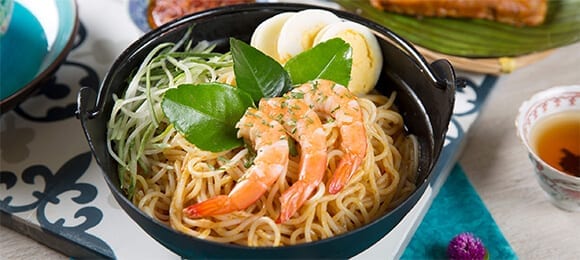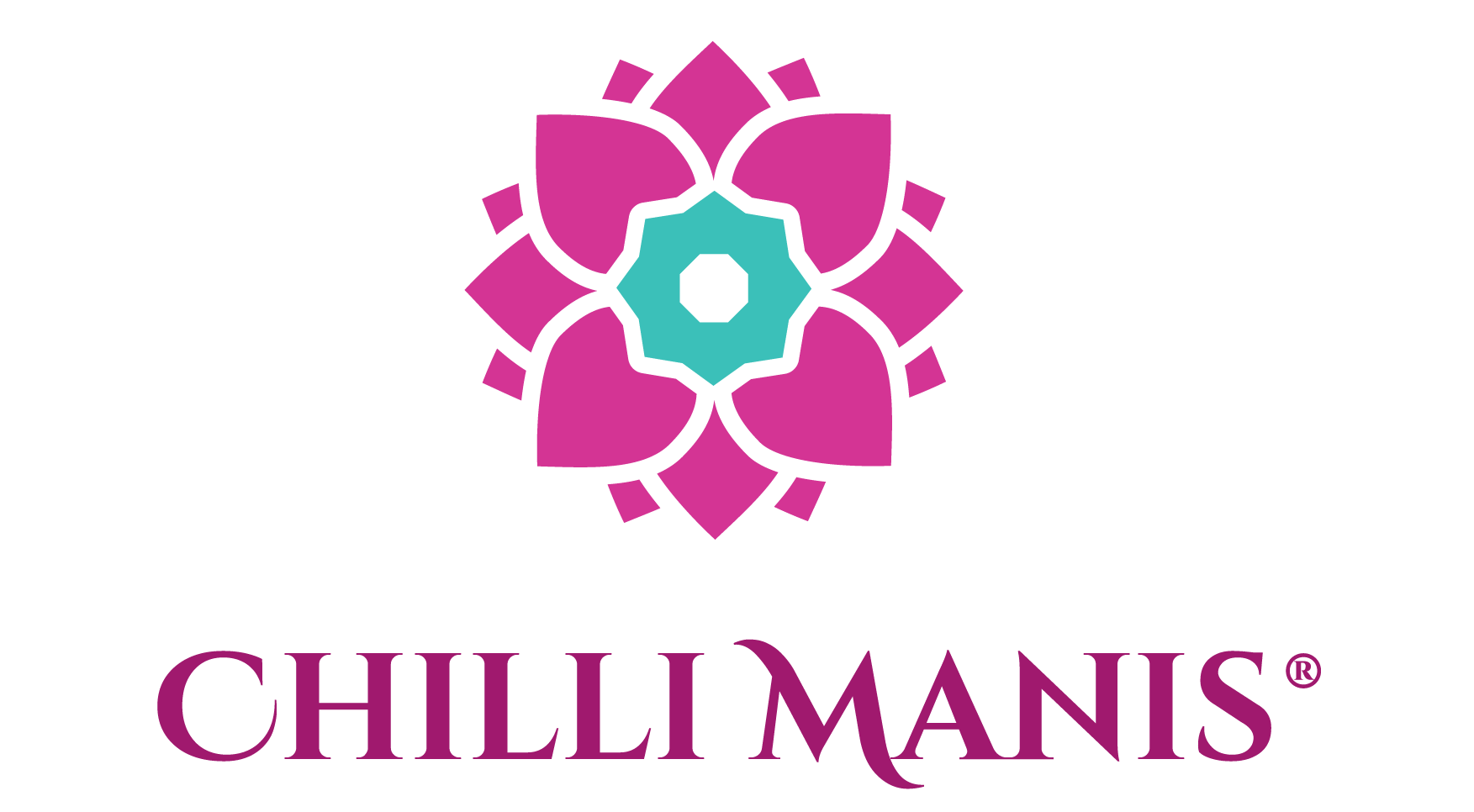Things You Didn’t Know About Peranakan and Nyonya Cuisine
Tags:
Peranakan is Malay for “born here”, which refers to the Straits-born people of Chinese and Malay or Indonesian heritage. Male Peranakans are referred to as “Baba” whereas females and the culture in general of this matriarchal community are addressed as “Nyonya”. Peranakan Cuisine can be found in parts of the Malay Archipelago particularly in Malaysia, Indonesia and Singapore.

Peranakan cuisine can be considered as a hybrid of Chinese (mainly Hokkien but also Hainanese), Malay, Indian, Thai and Western colonial (Portugese, Dutch and English) influences. Peranakan food buffet started off as a blend of Chinese ingredients and cooking techniques along with species and native ingredients used by the indigenous Malays. Its flavours are usually aromatic and spicy, featuring ingredients that represent its hybridised roots. Some popular ingredients include Malay spices such as belacan (dried fermented shrimp paste) and daun limau purut (kaffir lime leaf). Other ingredients that are usually found in Chinese food include pork and kiam chye (pickled vegetable). To add a tangy taste, sometimes tropical fruits such as mangoes or belimbing (a fruit belonging to the same family as the starfruit) are used to enhance the flavours of dishes as well.
Here are some interesting facts that you may not have known about Peranakan Cuisine
The terms ‘Peranakan’ and ‘Nyonya’ are interchangeable when describing the food
When Chinese immigrants married locals, it created a unique culture with entirely new traditional beliefs, clothes and cuisine. As the women were mainly in charge of preparing meals for the family and the community, this style of cuisine is referred to as “Nyonya”. Both Baba and Nyonya are respectful and endearing terms for men and women that originally derived from the Indonesian language.
Peranakan and Nyonya dishes are never the same
Each time a dish is prepared it is up to the interpretation of the preferred flavours and ingredients of the chef. Some commonly used ingredients used in Peranakan cooking include coconut milk, laksa leaves, lemongrass and tamarind. With its abundance of ingredients and ingredients, most dishes are highly flavourful and packs a punch.
Different regions influence the cooking styles of Peranakan cuisine
Depending on the geographical influences of each community, there are regional variations of Peranakan cuisine. For example, dishes from the island of Penang in the northern part of Peninsular Malaysia are influenced by the Thais which results in higher usage of tamarind and other sour ingredients like pineapple. On the other hand, dishes from Singapore and Malacca are more influenced by Indonesian cuisine, and tend to use coconut milk. One classic dish is laksa (spicy noodles served in curry-based soup). It can be prepared in two different ways: the sour asam laksa from Penang, and the coconut milk-based laksa lemak from Singapore and Southern Malaysia.
Peranakan cuisine has a long preparation time
Cooking Peranakan food requires a high level of patience and preparation in advance. Meat and seafood must be marinated in spices for many hours before so that they can thoroughly absorb all the essential spices to be used in cooking later on. Even the spices require time to prepare beforehand as fresh spices are ideal for stronger flavours. Hence, the chef will usually use a mortar and pestle to grind the ingredients such as lemongrass, wild ginger and turmeric root that are responsible for giving Peranakan food its strong and distinct flavour adored by many.
Craving deliciously authentic Peranakan Cuisine in Singapore?
Chilli Manis is a Halal certified food catering group that offers a specially curated peranakan buffet catering which features a large variety of courses for your guests to dig into. Helmed by Madam Serene Hoh who is a veteran of the food service industry with more than 36 years of operational experience managing restaurant and catering business. She specialises in serving authentic Peranakan dishes prepared with a generous serving of herbs, spices and aromas to enhance its flavours – turning even the simplest of meals into an unforgettable gastronomic affair. Get Peranakan buffet to enjoy up to 15% off when you order from us in advance!

